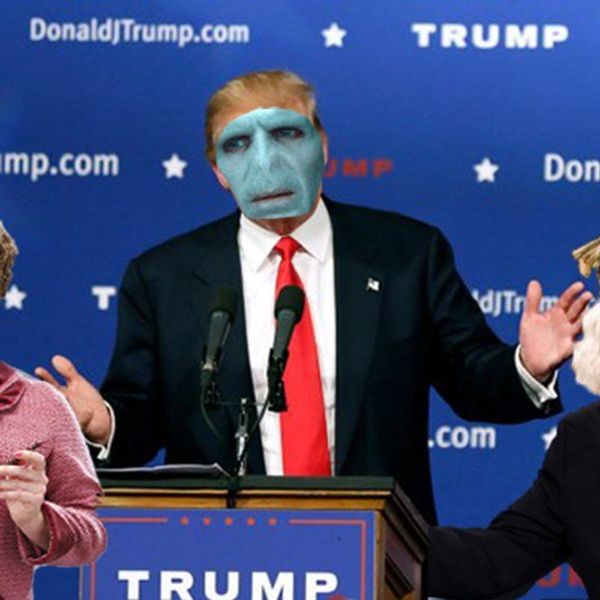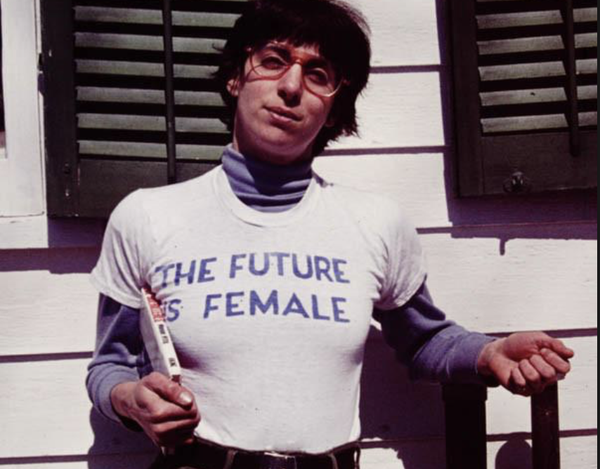It’s never fun hearing the same thing over and over again. It would be exactly no surprise to me at all if there were ten different people in your life trying to tell you about the importance of voting. Having people hound you about it can make it seem over exaggerated, overwhelming, or even pointless. Why would you sign up to vote if your vote doesn’t matter that much anyway? Why are people so stressed about it?
Even though it may not seem like a big deal, voting is a key part in the existence of our country’s upholding of democratic values. Voting in elections, both general and primary, is an incredibly important thing to do in a nation of free speech and fair elections. Because we live in a representative democracy and we can’t constantly march up to D.C. and scream about our values every day, it’s vital to pay attention to who represents where and what they want to achieve with the trust and power of their people.
In a speech last year, former President Barack Obama urged upset citizens not to boo at what he was discussing, but rather to make frustrations apparent at the polls. “Don’t Boo, Vote” became an excellent call to action for citizens. It is not enough to complain on the Internet about how much someone in politics or government upsets you, forget about it, and repeat the cycle again the next day. If someone genuinely does not gain your respect as a representative or they go against your values, look into voting for the opposition in the race. That is an effective way of expressing your discontent, even if it seems like a small gesture, that the current representative is not doing their job efficiently. It may seem small, but if enough people do it, it can make a big impact.
The case can be made that voting doesn’t really matter in presidential elections, because the Electoral College has precedence and individual votes do not necessarily matter. Although the Electoral College does take precedence, it is still important to cast a vote. Especially in swing states, the Electoral College vote for a "swing state" has a history or leaning either way, constantly changing. If someone lives in a state that is not a swing state, it is less likely that that state will flip its vote, but it is still possible. Besides, if enough dissent is created, it can drive political attention which will bring those candidates specifically near your area in an attempt to speak to citizens or mobilize them.
As hinted at earlier, the right to vote is a fundamental right of citizens that was fought for by entire generations of people; the hard work in the past cannot carry into the future if their fight is not seen and further acted upon. Marches and protests for years demanded the very right that some consider obsolete to be available to all citizens. If voting wasn’t important, why would people spend their time fighting for the ability to expand those rights, diminishing voter suppression, and encouraging every eligible person to actually go out and vote?
Another thing to be addressed: some people really push for people in their respective parties to “vote down-ballot.” So, for example, if I vote Democrat as a member of the Democratic Party, I would be encouraged to vote for anyone on the ballot who has “Democrat” next to their name just because we are in the same party. Okay, sure, helping out my party is a fair ask. However, this is something to be incredibly careful about, as every person has their unique views and ways of expressing ideas. Just because someone has “-D” or “Democrat” next to their name, that does not automatically make them the best candidate; it’s still important to look up the opposition candidates and see why exactly they chose to run with the party they did. I’m not an Independent, but I still voted for Bernie Sanders in the Primary Election when he ran with the Democratic Party. I was able to look at what he stood for and decide that if he were to become president, I would feel most represented by him rather than someone else, even though he is technically an Independent. The same can be said for Third Party candidates; if the major party candidates do not represent my views or I feel they aren’t progressive, I can look to vote for someone else. Third Party voting also has a caution label, especially for those residing in swing states, because it can divide main parties and create problems (see Election of 1912: Roosevelt vs. Taft vs. Wilson.)
In the end, voting can seem like a waste of time or it can be seen as complicated. However, it only takes a few minutes out of your day and it helps solidify the very foundation of a democracy. It’s important to realize the value in free and fair elections, especially as places without those seem to be on the rise.



















